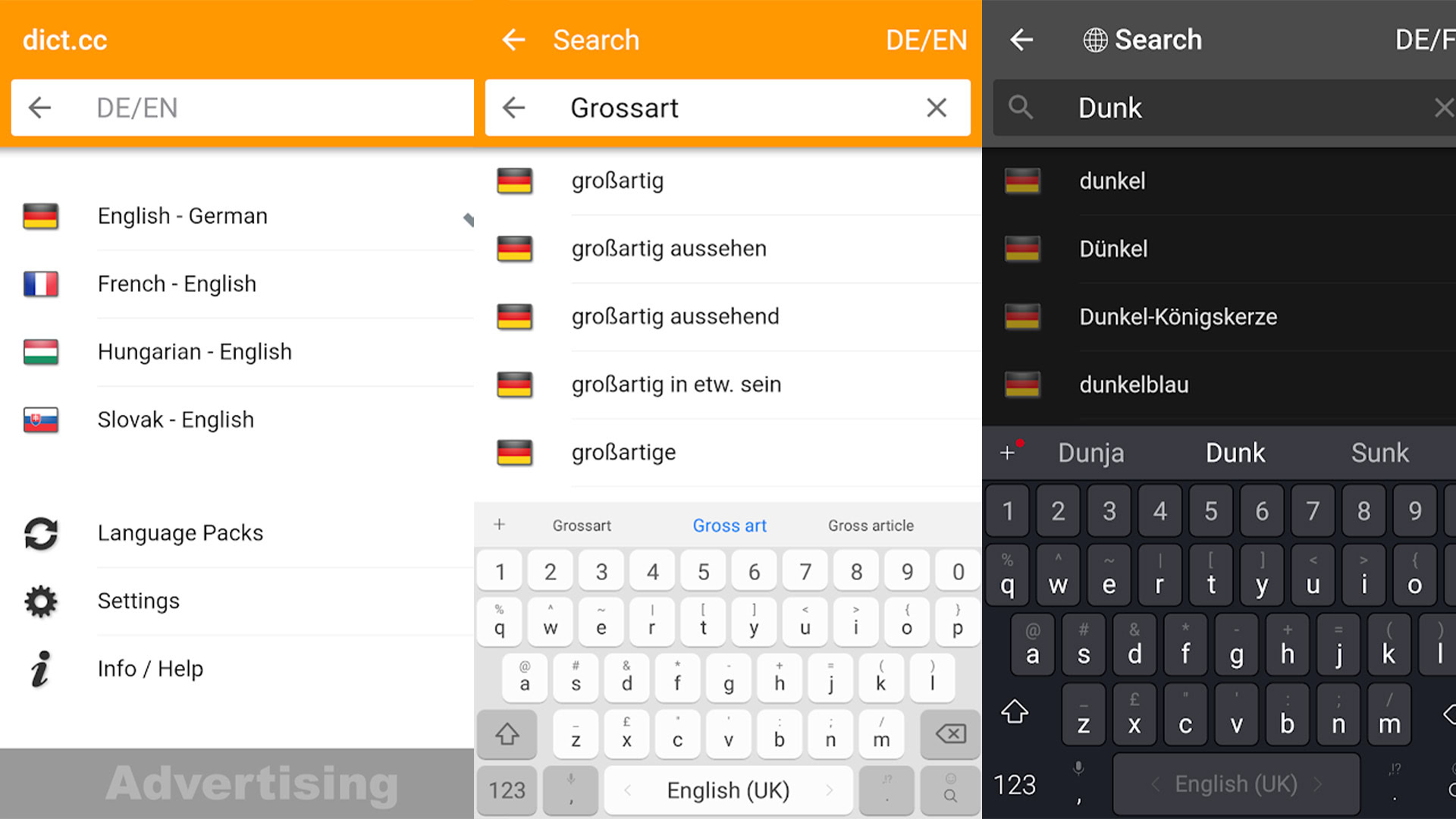

L1 speaker: someone who is using a language that is the first one they learned to speak L1: first language – the first language that someone learns to speak Introspection is often contrasted with observation, when you consult a corpus in order to observe how people use words when they communicate. Introspection: the process of examining your own personal knowledge of a language (your mental lexicon) in order to reach conclusions about what words mean and how they are used. Intransitive: an intransitive verb has no direct object International Phonetic Alphabet (IPA): a system of symbols used to represent speech sounds An inflection is a form of a word that is different from the basic form, for example houses, walked or goes. Inflection: the way in which the basic form of a word changes to show something such as tense or number. If a language inflects, it has words that do this. Inflect: if a word inflects, you change its form to go with the grammar of the other words you are using with it. Index card: one of a set of small cards on which you write information, such as an example of language use

Idiom: an expression whose meaning is different from the meaning of the individual words According to distributional semantics, two or more words which typically appear in very similar contexts will usually have similar meanings. Starting from the collection of occurrences of the word in the corpus, the lexicographer analyses them and groups them into categories and then drafts a dictionary entry based on this analysis.Ĭorpus linguistics: a branch of linguistics that uses corpora to study languageĬountable: a countable noun is a noun that has a plural and can be used after a or an when it is singularĬrowdsourcing: the practice of using large numbers of people, often members of the public, to collect information for a particular purposeĭefining vocabulary: a limited set of common words that are used to explain the meanings of words in some types of dictionaryĭefinition: an explanation of what a word or expression meansĭerivative: a word that is formed from another word, for example an adverb that is formed from an adjective by adding -lyĭescriptive: describing how people really use a language, rather than stating how they should use itĭescriptive approach: a descriptive approach describes how people use a language rather than stating how they should use itĭictionary aggregator/portal: see aggregatorĭiphthong: a combination of two vowel sounds said one after the other, as in the words find and failĭiscourse: written or spoken language, especially when it is studied in order to understand how people use languageĭistributional semantics: a branch of semantics which aims to discover the meanings of words on the basis of the contexts in which they frequently occur. The plural form is corpora or corpuses.Ĭorpus-based approach: an approach to corpus use in lexicography in which the lexicographer relies on their intuition of word meaning and usage before finding examples of these in a corpusĬorpus-driven approach: an approach to corpus use in lexicography that takes the corpus as the starting point. Along with Word Sketches, concordances are one of the main ways of using a corpus to find out how words typically behave.Ĭonnotation: an additional idea or emotion that a word suggests to you, in addition to its literal or main meaningĬonsonant: a speech sound made by stopping all or some of the air going out of your mouthĬorpus: a collection of written and/or spoken language stored on a computer or on the internet, and used for language research and writing dictionaries. The word you are searching for is displayed in the centre of the computer screen, with some of the context in which it occurs shown on either side of it. For example, climate change is a noun compound, and according to is a prepositional compound.Ĭoncordance: a list showing every example of a particular word in a corpus. These are examples of colligation.Ĭompound: a combination of two or more words that function as a single word. For example, the verb put up with tends to be used in negative sentences, and the verb arrest tends to be used in passive constructions.

For example, solve a problem and bitterly disappointed are collocations.Ĭolligation: the way that some words have a tendency to be used in specific forms or constructions. For example, the adverb vividly is a frequent collocate of the verb remember.Ĭollocation: a combination of two words (such as a verb and noun, or an adverb and adjective) which frequently occur together. Collocate: one of the two words in a collocation.


 0 kommentar(er)
0 kommentar(er)
